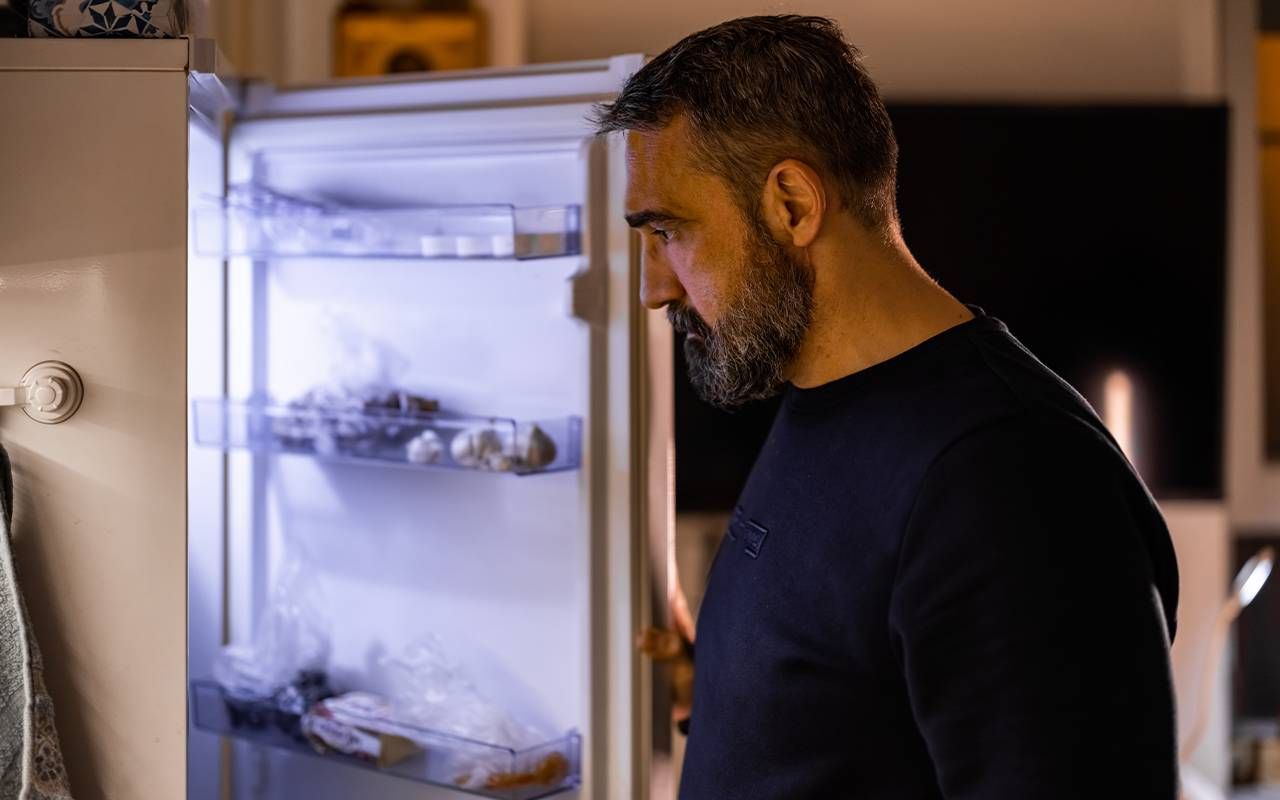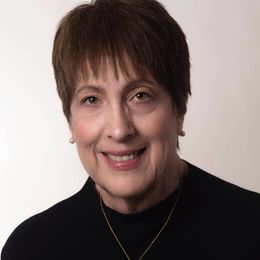What Did I Come In Here For?
And what's your name again? Don't forget that word-finding is a normal part of the aging process.
What did I come in here for? I ask myself after ambling from my kitchen past my daughter's old bedroom. I don't live in a sprawling house but rather a never-large-enough city apartment. Sometimes I forget my mission even on shorter distances: from desk chair to printer or switching onto Safari to search the internet. What did I need again?

Perhaps it's an unconscious strategy to get my 10,000 steps daily. I achieve half my fitness goal by merely marching up and down a path towards the … closet? nightstand? bathroom? Or … ?
Momentarily, my brain can't conjure up the phrase "linen closet."
"It's the nouns," claims my friend, a longtime college professor.
I achieve half my fitness goal by merely marching up and down a path towards the … closet? nightstand? bathroom? Or … ?
If only I could speed up recall, the way my computer tech accelerates my sluggish Mac. Words arrive in an aha moment, albeit 24 hours later. I'll be on a walk with my husband and interrupt what he's saying to burst out a non-sequitur: "Omni-channel! It's a combination of traditional retailing and e-commerce!"
"What?" He gazes at me as if I've lost my mind. I have the same fears.
Normal Part of Aging
Our thinking abilities appear to peak around age 30 and then subtly decline with age, according to UCSF Weill Institute for Neurosciences. Difficulty with multi-tasking and word-finding are considered a normal part of the aging process. Allegedly it's nothing to worry about — unless you forget your memories and entire history of a person, a warning sign of dementia.
At least I haven't yet forgotten my daughter's name, which I spent a trimester selecting. My mother often called me Pepe, also the name of our Poodle. He was her favorite child, something she never forgot.
Mom once put my father's evening newspaper in the oven, and the roast beef on the kitchen table. Our dog had a great time with his tartare dinner, and Dad couldn't read the closing stock market listings.
It takes a marriage, or a village, to say "Bingo! I knew it all along!"
Experts agree that as we age, everyone starts having difficulty with word recall. Whenever I meet a neighbor I haven't seen for awhile, I always greet them with, "Hi, I'm Candy," watching their relieved expression for not having to admit embarrassment for forgetting mine.
When my husband's around, we confer together on retrieving what either of us can't. It takes a marriage, or a village, to say "Bingo! I knew it all along!"
Recently, after my thrice-weekly 45-minute swim, I started changing in the locker room. "Where's my towel? Did someone take it?" I said aloud to no one in particular. Buck naked, I wandered around barefoot, a dripping-wet lost soul.
"It's on your head," someone informed me skeptically. Flustered, I ran out of the gym quickly, making sure all my clothes were on first.
The Doorway Effect
Nonetheless, I remain a fixed believer in the proven theory that regular exercise boosts memory and thinking skills. The Cleveland Clinic advocates exercise as a way to stay mentally fit in "Memory Loss in Women — Is It Age or Menopause?"
Clocking up my daily indoor steps, it still takes several tries before I realize I'm on a quest for a pair of earrings to match my outfit or a receipt for an item I need to return.
All my aimless strolling in search for … what was it again? doesn't seem to help. Neither does worrying. Is this dementia? is on speed dial in my head when I'm standing in my closet, losing sight of my mission, distracted by my messy wardrobe; one of these days, I'm going to straighten it up.
I remain a fixed believer in the proven theory that regular exercise boosts memory and thinking skills.
This is called "The Doorway Effect," writes psychologist Tom Stafford on BBC, "Why Does Walking Through Doorways Make us Forget?" It occurs "when we change both the physical and mental environments, moving to a different room and thinking about different things. That hastily thought up goal, which was probably only one plate among the many we're trying to spin, gets forgotten when the context changes."
Perhaps removing all the doors from their hinges will help my memory. Or I could incorporate The Cleveland Clinic's "exciting brain-boosting ideas": puzzles, chess, reading novels, playing board games, journaling, meditating, learning a foreign language or ballroom dancing.
My husband reluctantly waltzed at our wedding. Once when our daughter watched him attempt to dance with me at a party, she cautioned him never to make such a public display of embarrassment again.
'If It's Important, You'll Remember It'
These days, every time I draw a blank, I recall, as a young child, telling my mother, "Gee…I forgot what I was going to say." She'd respond, "If it's important, you'll remember it."
Guess my earrings aren't important, even though Vogue claims they are. I go out to dinner with bare lobes. Before dessert, I fret that I've lost my favorite danglers somewhere, when actually they're safe at home, lonely in my messy closet.
"Engage and challenge both sides of your brain," writes Cleveland Clinic's Holly L. Thacker, MD. "Midlife can be the start of your best years yet — and you do have the ability to make sure that happens for your body and your mind."
I buy my tenth crossword puzzle book, a challenging one, convinced it will stimulate dormant brain cells. My goal is to complete one puzzle a day…as soon as I can find wherever I've stashed it. Probably next to those earrings I couldn't locate.


